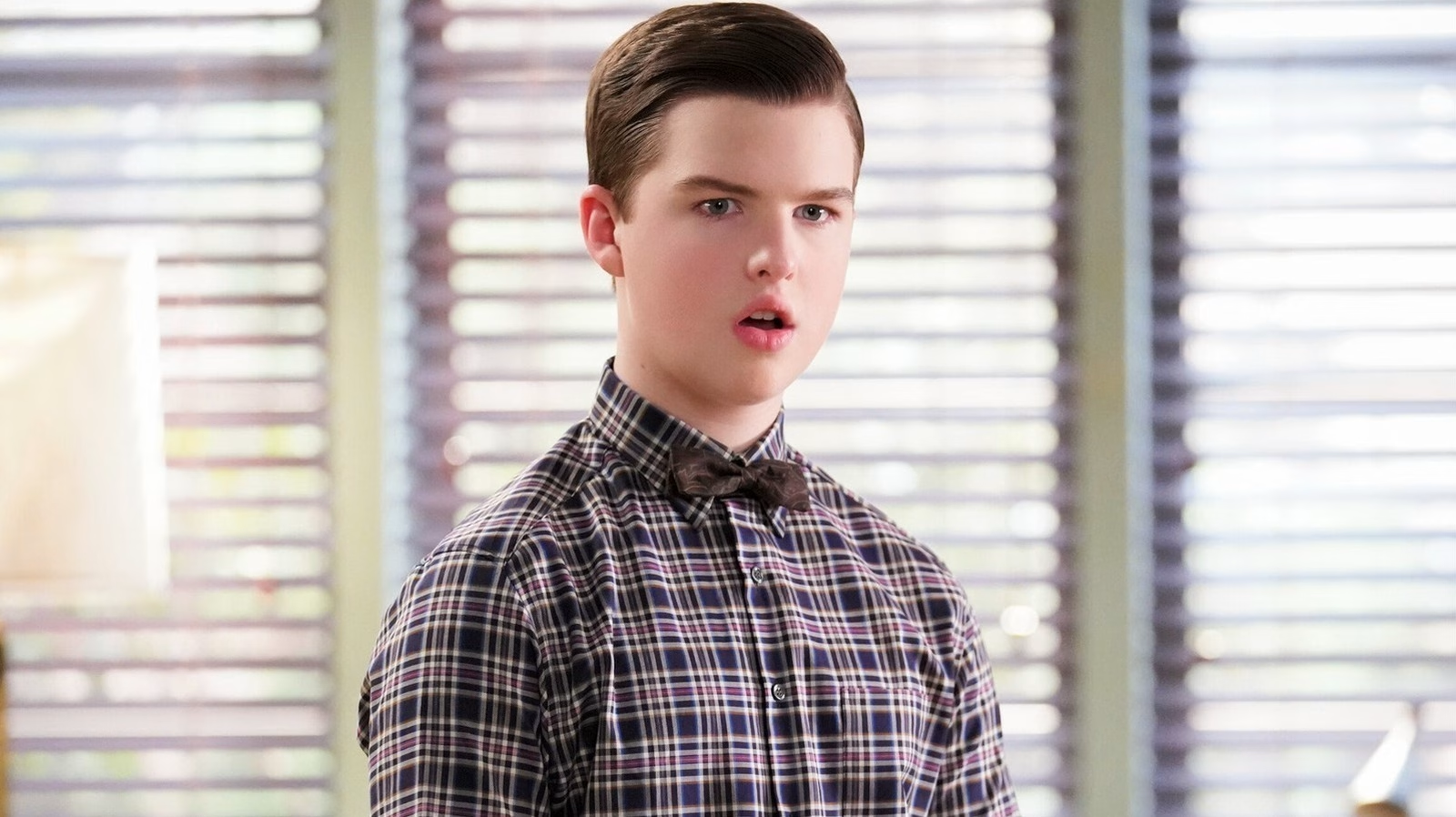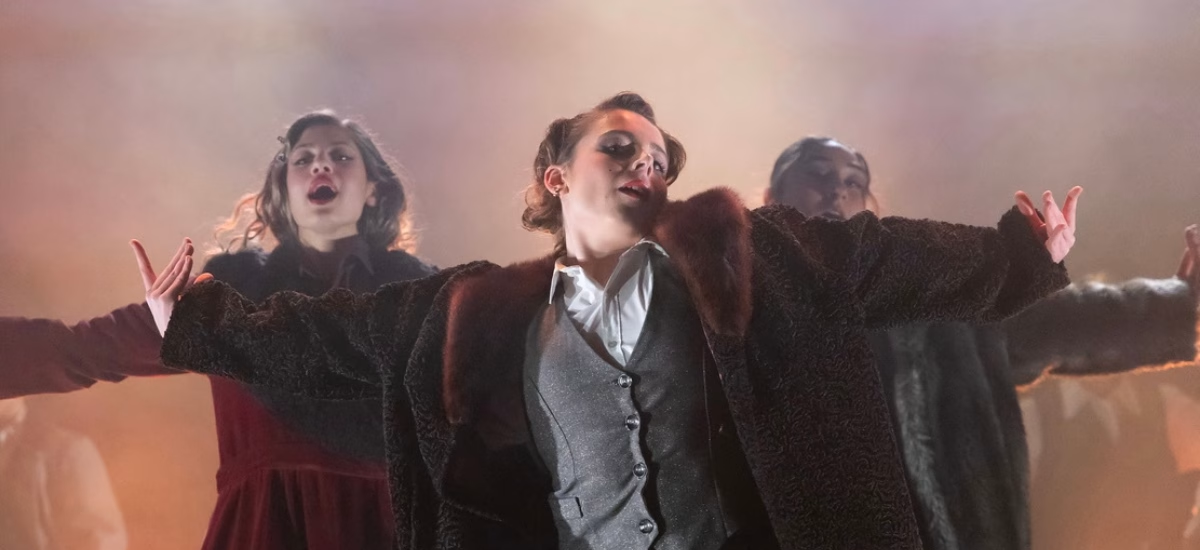Recreating a Character’s Past: The Weight Young Sheldon Carries
Telling the childhood story of an iconic character is like walking through a minefield. Every step must lay the groundwork for the beloved persona we know, while also offering a fresh, standalone narrative. CBS’s hit series Young Sheldon takes on this challenge by diving into the early years of Sheldon Cooper—the brilliant yet neurotic character from The Big Bang Theory—placing the heavy burden of this origin story on the shoulders of young actor Iain Armitage.
To understand just how heavy that burden is, consider this small but telling anecdote from the set: Armitage, born in 2008, had no idea how to operate a rotary phone from the 1980s. As noted by his on-screen parents Lance Barber and Zoe Perry, this moment not only highlights a digital generation’s disconnect from analog tech but also reflects the show’s core challenge: having a child of the digital age embody the rhythm and soul of a completely analog world.
But learning to dial a rotary phone is light work compared to the emotional weight Armitage must carry. The real challenge lies in planting the seeds of future tragedies and dramatic moments that audiences already know are coming. Scenes like the inevitable death of Sheldon’s father, George Sr., require not only technical acting skills but also a deep emotional maturity far beyond Armitage’s years.
Thankfully, Armitage wasn’t alone on this journey. Jim Parsons—the original architect of the character—joined the project as its narrator and acted as a mentor to his young counterpart. Parsons’s guidance became a symbolic passing of the torch, helping Armitage grasp not just Sheldon’s quirks, but also the vulnerability and inner life behind them.
As Armitage himself put it, Sheldon is “a universal nerd that people can connect with.” And that’s exactly where Young Sheldon’s success lies. Thanks to Iain Armitage’s nuanced performance, the series paints a portrait of a boy who is both out of sync with the world around him and unprepared for the pain ahead—a universally relatable sense of not quite fitting in, brought to life with heart and depth.














